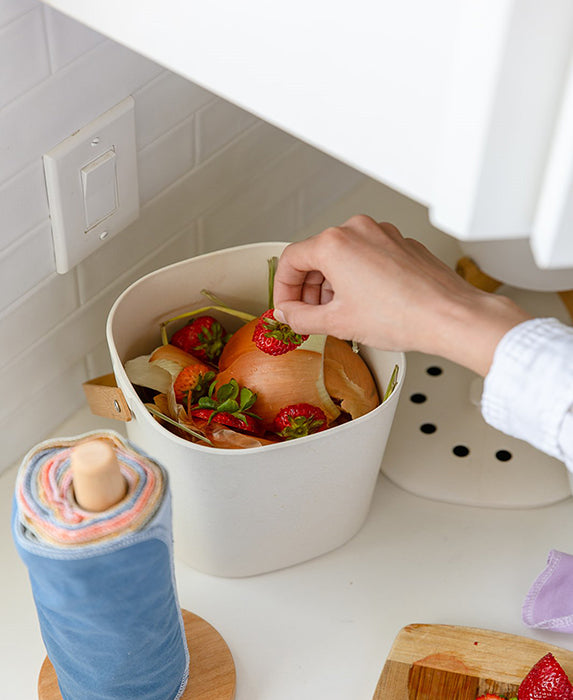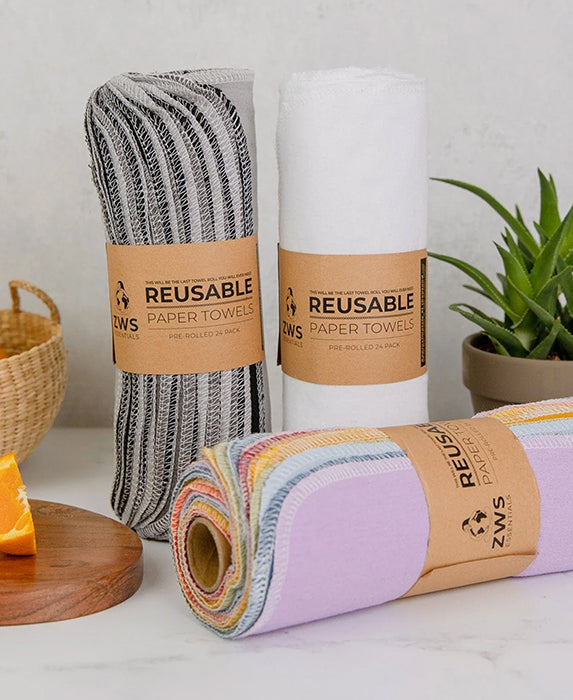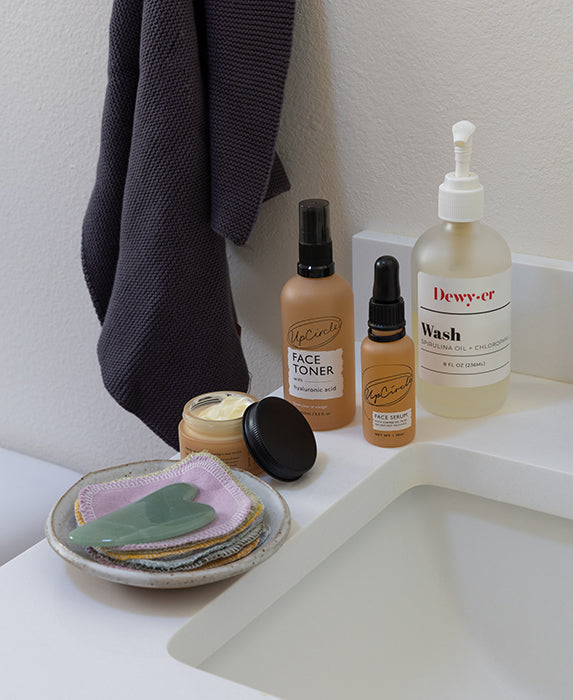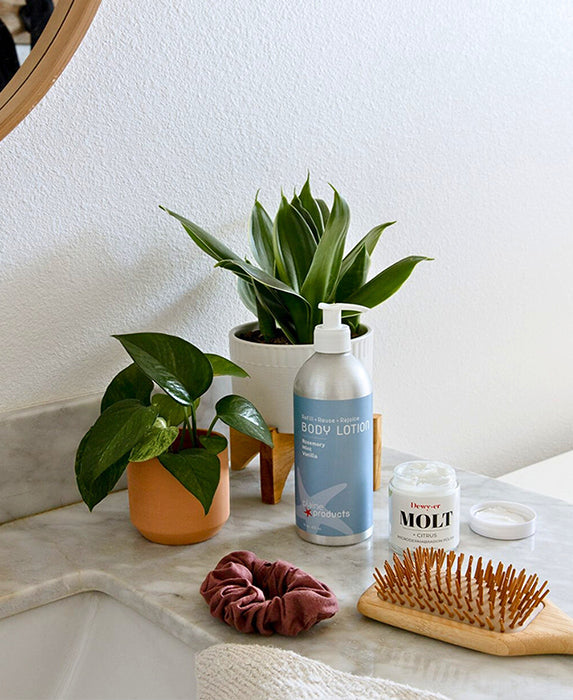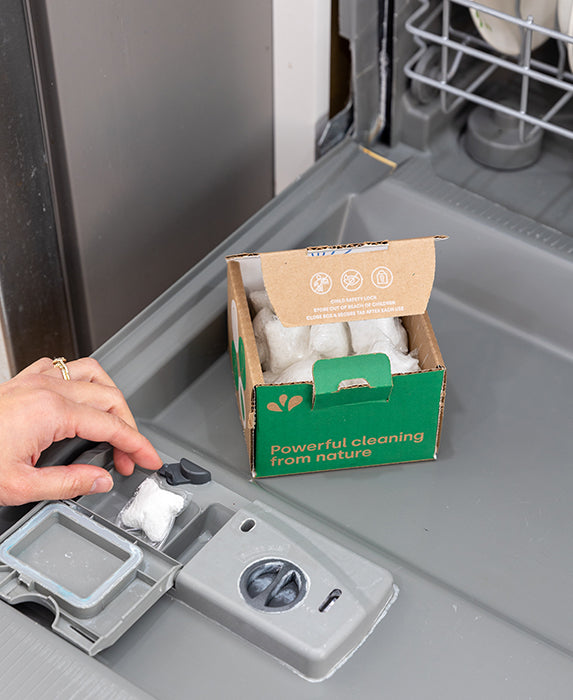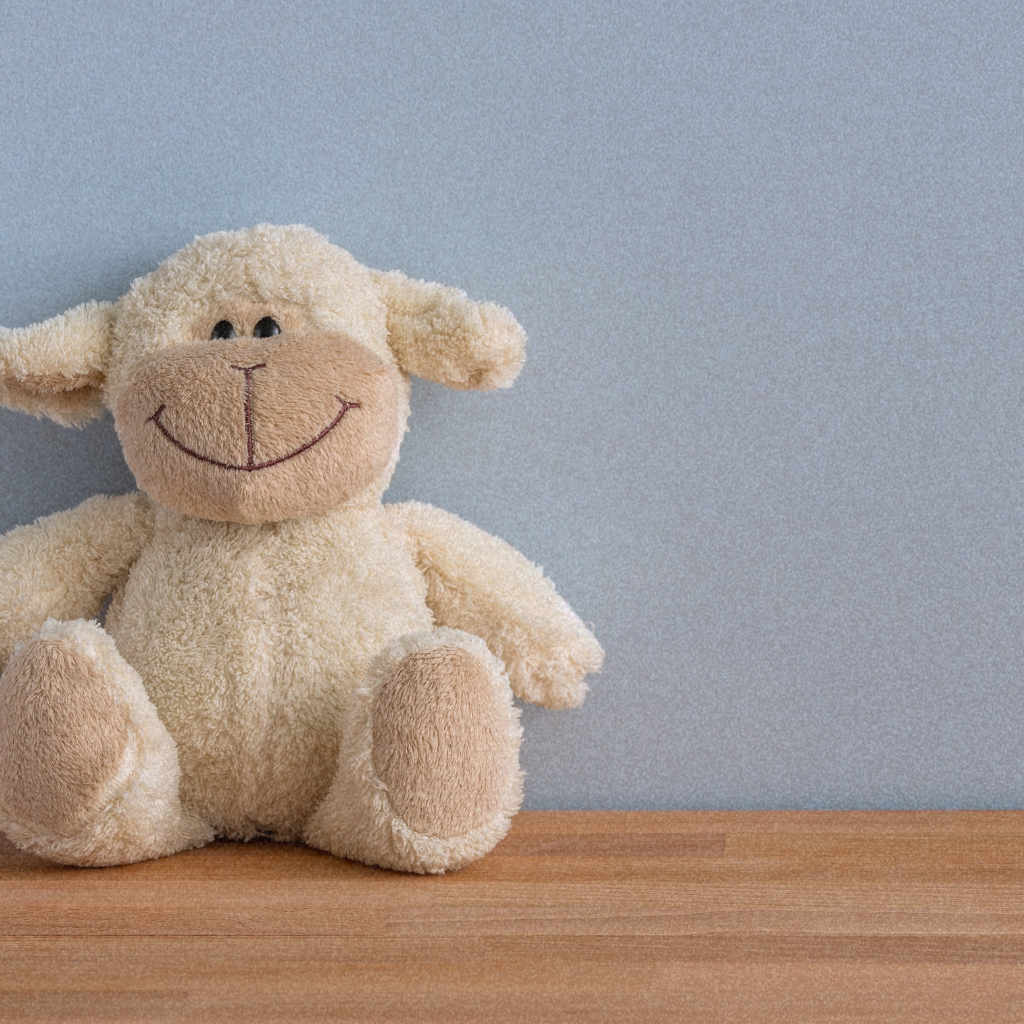This blog was written by a guest contributor Sandra Ann Harris, founder of ECOlunchbox. Learn more below!
Valentine's Day is a time to show your loved one how much you care, but it can also be an opportunity to show your love for Mother Earth.
It’s a holiday filled with love and joy, but Valentine’s Day also generates a significant amount of waste that can be harmful to the environment. We think Valentine’s Day can be about far more than just gifting – it’s a chance to show through our actions that we truly love our people and planet.
So we’ve put together this EarthHero Valentine’s Day Guide to inspire you with 8 easy actions we can all take to reduce this unnecessary waste and celebrate the holiday in a more sustainable way.
Read on to learn about how fun and cost-effective it can be to celebrate this year in eco-friendly style.
- Supporting causes that are important to you, such as plastic pollution solutions, animal welfare, human rights, or environmental protection, through actions such as donating money or time, or advocating for change. Your support can be in the form of a donation or by volunteering your time.
- Mindful gift-giving is a meaningful way to show love and affection. Chocolate, flowers, and stuffed animals are all popular gifts, but they often come in non-biodegradable packaging. Consider choosing plastic-free gifts, like reusable steel food containers packed with homemade goodies, or non-toxic gifts, like clothing made from organic cotton or petroleum-free candles, as a way to share your values and invite your loved one to join you in an eco-friendly lifestyle.
- Valentine's Day is also a time when many people go out for a special meal or order take-out. This generates a lot of waste from disposable dishes, utensils, and packaging. To reduce waste, consider cooking a meal at home or choosing a restaurant that allows you to bring your own leak-proof reusable stainless steel containers and have your meal packed to go in these. If that’s not possible, ask if the restaurant can pack your order in plastic-free biodegradable takeout containers. To-go waste makes up nearly 40% of solid municipal waste, according to the U.S. Environmental Protection Agency.
- Being environmentally conscious and taking steps to reduce your impact on the planet, such as conserving water and electricity, reducing food waste, saying goodbye to plastic, and committing to sustainable practices.
- Instead of giving material gifts, consider giving the gift of your time and attention, such as by planning a special outing or activity together. Spend quality time with your loved ones, and make an effort to be fully present and engaged in your interactions with them.
- Seek out mission-based and local businesses so you can vote your values with your wallet. Choose to be a conscious consumer by aligning your spending with businesses you want to thrive. Third-party certified businesses, like woman-owned brands and B Corporations, are independently vetted for environmental and social values, so we recommend keeping an eye out for the B Corp certification.
- Practicing mindfulness and self-care, which can help you to be more present and engaged with the people and world around us. This can be meditation, yoga, walking in nature, gardening, and anything else that helps you let go of negativity and calm your body and mind.
- While it's a sweet gesture to send a heartfelt note to someone you love, these cards often end up in landfills. Approximately 145 million Valentine's Day cards are exchanged each year in the United States alone. Instead of purchasing cards made from non-recycled paper, consider making your own card or sending an e-card to reduce waste.
Guest contributor Sandra Ann Harris is the author of “Say Goodbye To Plastic: A Survival Guide For Plastic-Free Living” and the founder of ECOlunchbox, a certified plastic-free B Corporation and California Green Business specializing in stainless steel and silicone food containers.

